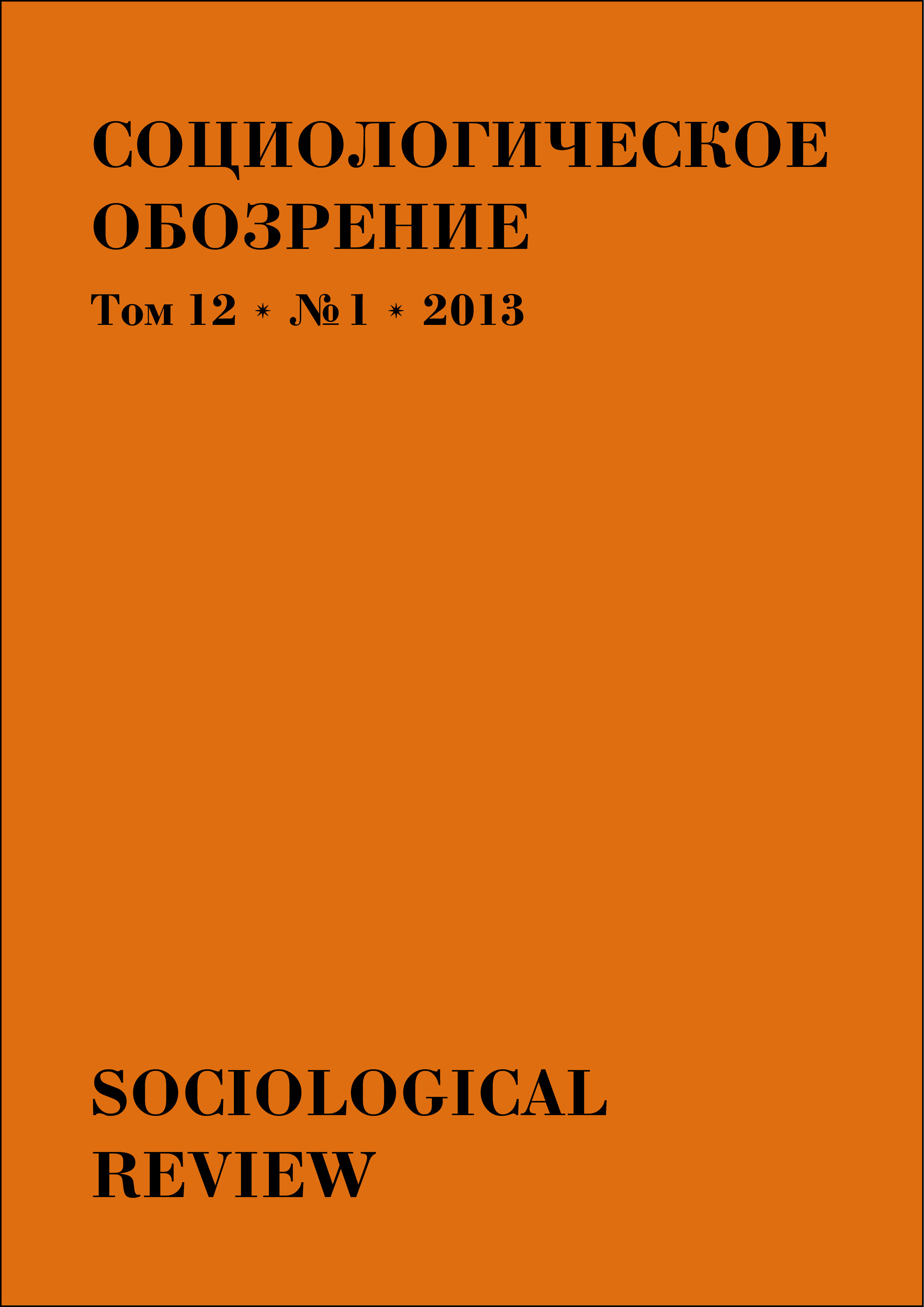Conversation with Günter Gaus
Abstract
Hannah Arendt was interviewed by Günter Gaus, a German journalist and politician, for the program “Zur Person” (the channel ZDF in Germany). Arendt speaks of the turning points in her biography, which were essential to her work. Arendt also tells about her attitude toward intellectuals, philosophers, politics, totalitarianism and democracy. She rejects her belonging to philosophers, as she considers herself as a political theorist and notes the general hostility philosophy used to have toward political issues. Arendt says about what her self-awareness of being Jewish. Important was what happened in Germany after Hitler came to power. It was not only the persecution of Jews, but also the willingness of intellectuals to connect to the new regime. It was Coordination Policy (Gleichschaltung) that permanently alienated Arendt from intellectuals willing to explain and support any regime. The next important set of issues linked with her move to the United States and the need to write in English that was so uncomfortable for a woman deeply rooted in German culture. Finally, the key experience that largely determined the intellectual development of Arendt was the knowledge of the extermination camps, especially Auschwitz. “There was something with which we all never could handle”. Arendt and Gaus also address this specific relationships between individuals which Arendt calls love, and she wants to strictly separate this kind of relationships from the concept of the political. She also insists on the importance of publicity for the contemporary politics, which involves large groups of people.




